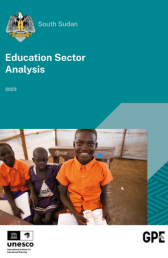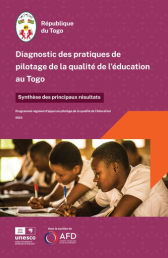
Version en ligne
A propos de la publication
Often excluded and overlooked at the national level, poor and marginalized communities within low- and middle-income countries also frequently slip through international efforts to raise global education outcomes. When the focus is on average country-level performance, those who face the most barriers to education and learning continue to be left out. This book shifts the conversation to bring more attention to learning inequalities within countries. It is rooted in discussions on learning that first took place during an international conference held by the University of Pennsylvania, in the United States, on 2-3 March 2017. The premise is that by focusing more on marginalized communities within poorer countries equity can be improved and overall national levels of learning will increase. Quality education and learning play central roles in the 2030 UN Sustainable Development Goals (SDGs). However, the development goals are largely normative, meaning that too little attention has been given to variations within countries and to those who are performing at the lower end of the social pyramid. Dan Wagner, UNESCO Chair and senior organizer of the conference, has called for greater attention to the “learning equity” agenda as a way of reinforcing the potential and impact of the UN goals. Featuring essays and commentaries from 36 international experts, the book is a cutting-edge resource for those seeking to understand the science of learning in low-resource settings worldwide. It explores the complex nuances of the phrase bottom of the pyramid, looks at how to measure learning in marginalized populations, and ways that new policy approaches can improve learning for all. Greater knowledge on learning in low-income societies is crucial if we are to achieve both inclusion and equity in improving the quality of education worldwide.









